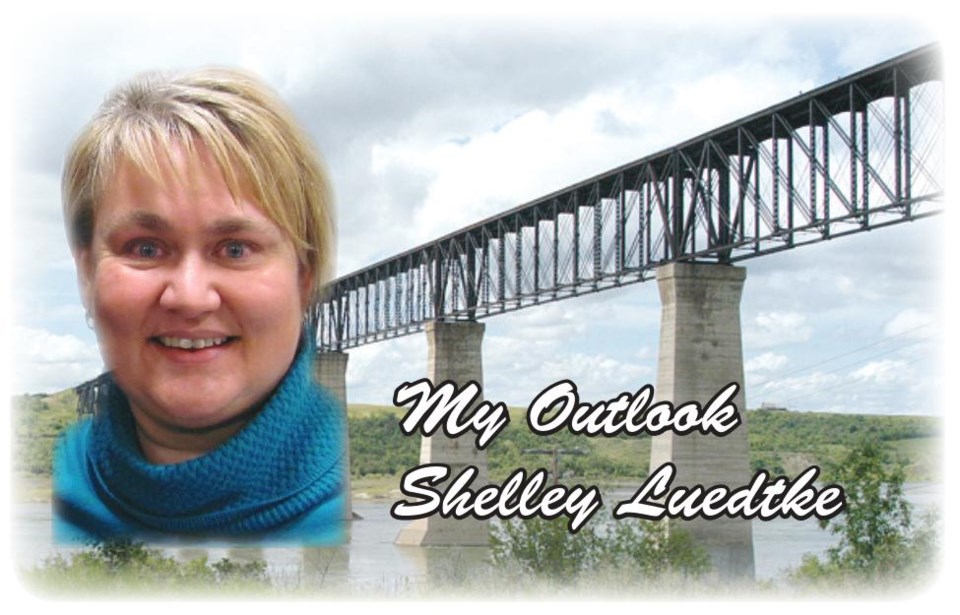The call to be candy stripers at the local nursing home was offered to high school students and my best friend tried to convince me we should sign up. She was considering going into nursing so it was a great volunteer opportunity for her. Few things made me more uncomfortable than nursing homes but I agreed to tag team with her.
One day after school each week we walked to the nursing home, put on our red and white striped aprons and went from room to room refreshing water jugs. My friend was a natural. She would launch into conversation with residents while straightening their blankets or fluffing their pillows. I never knew what to say. I would check their side tables and I loved it when greetings cards or knickknacks were tipped over because I could set them upright, giving me something to do and hopefully hiding my discomfort.
One December day we were doing our usual rounds and I delighted in making myself busy straightening Christmas cards. One man noticed what I was doing and asked me to hand him a particular card. He took out a letter that was tucked inside and began telling us about having served in the war. The letter was from someone in France and that day it became a catalyst for him to share stories with us. Hearing him talk about aspects of his life as a young man opened my eyes to something I should have realized all along. He, and every other resident that I gave two minutes to each week, deserved far more of my time and interest. I was past due in recognizing they led fascinating lives and had so much to share, if I would simply take the opportunity to listen.
A few years later, I was at a family camp with a large group of people who were being divided up randomly for a Scrabble tournament. I ended up at a table with three people I didn't know, one of whom was in her 80's. I loved playing Scrabble and I tend to get a bit competitive so I wondered how the most senior member at the table might slow our play. Wow, was I wrong. She quickly and decisively wiped the floor with us. I found out later she played four or five times per week and was always looking for someone to challenge her. It was an afternoon of feeling humbled and rather sheepish as I faced my awful assumption that someone as old as she would be a detriment to our table of players.
As of 2019, there were 703 million people globally who were defined as older persons according to the United Nations. Over the next three decades that number is projected to more than double. It is growth many countries are unprepared for, particularly less developed ones which will be home to 1.1 billion of those older persons.
In all nations, serious questions of preparedness need to be addressed. As we approach a future where demographics are shifting so significantly, governments and agencies are going to need to ensure medical care, appropriate housing, social supports, community opportunities and more are in place to meet those needs. But that won’t happen unless we make it known we want it to happen. What we establish as priorities today is what those organizations will set as the agenda for tomorrow. It starts with us…now. How we demonstrate our care for older persons today will chart the course for how we deal with that population tomorrow.
October 1, 2021 will mark the 30th anniversary of the United Nations declaration of the International Day of Older Persons. It was a designation adopted in 1991 to address and respond to the opportunities and challenges of population ageing in the 21st century. So what have the last 30 years meant? Are we currently doing a good job ensuring older persons are respected, valued, seen and cared for? Have we created space for older persons to contribute? To use their skills? To share their wisdom?
Too many times I saw gray hair instead of colorful lives; elderly instead of talent and ability; age instead of dreams and plans. We need to ensure we are seeing to the needs of older persons in a way that honors and respects their vision, as well as the sacrifice and work their lives have been about. It’s something we need to take honest inventory of because how we build society for older persons today will be a good indication of what we will be doing tomorrow. That’s my outlook.




